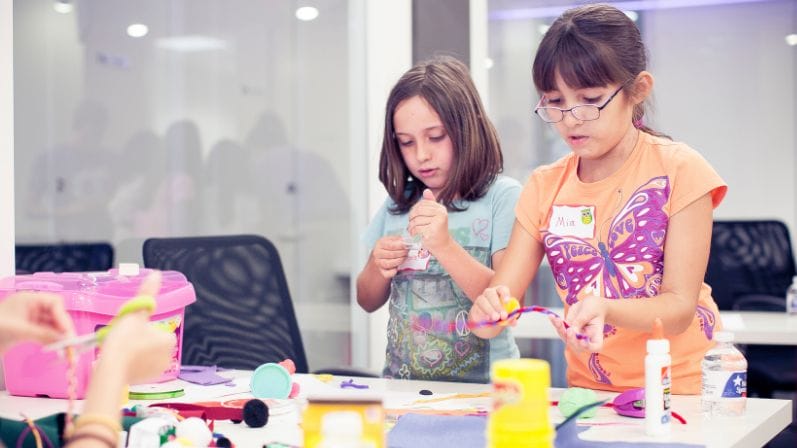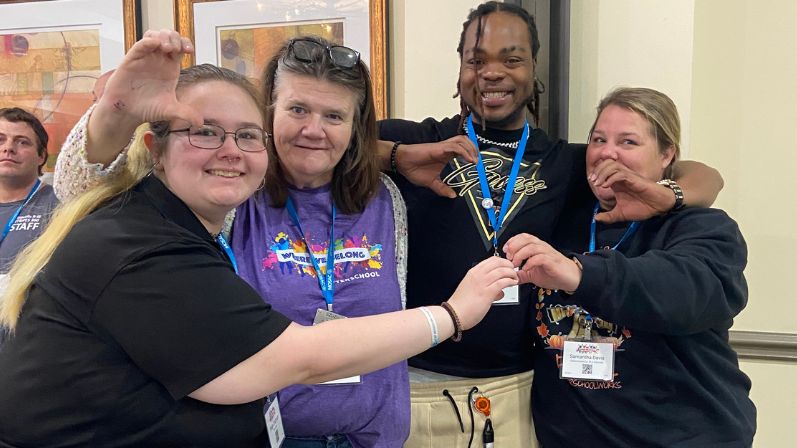
Women in Science Will Build Our Nation’s Future
Dr. Cristal Glangchai |
September 15, 2017

Young women have made amazing strides—in law, business, life sciences, and a number of other fields that are traditionally male domains.
But engineering and computer science are a different story. There is still a lower proportion of women majoring in computer science in U.S. colleges and universities than a generation ago. The percentage of young women majoring in engineering has hovered at about 20% for decades.
Overall, the data for the STEAM fields of science, technology, engineering, arts and mathematics masks this problem. For example, women earn about three-quarters of all psychology degrees—bachelors, masters and PhDs. Women are also closer to 50% parity in social sciences and biosciences. When psychology, social science and biosciences are aggregated with STEAM data, it dilutes the true picture in technology-intense fields.
This is not only about gender equity. It is about our nation’s future. Our global leadership depends to a great extent on the ability of our entrepreneurs to turn technology innovations into companies and jobs. That is the genius of our economy, but it is also our vulnerability. We cannot become complacent. We need new, young, courageous, growth-minded entrepreneurs—men and women—to start and build the businesses of the future.

We need women who instinctively think and act like entrepreneurs in all kinds of endeavors because they have internalized a growth mindset. Our looming crises—climate change, poverty, exploitation of women and children, economic dislocation, pollution and over-harvesting of our oceans, diminishing wildlife and wilderness, overdependence on oil—call for entrepreneurial, collaborative solutions, with women as full participants.
We see what happens when girls’ stereotypes are shattered. For example, since its beginning in 2012, Girls Who Code has brought relevant computer science experiences like summer immersion programs to the lives of tens of thousands of young girls nationwide to inspire them to pursue studies in technology and engineering.
“Young girls are change agents,” says founder and CEO Reshma Saujani. “They look at the world and ask, how can I make it better?”
It starts by instilling in girls the confidence, grit and mindset to know that they can succeed.
How have you instilled a sense of change and independence among the girls in your life? Thank you for sharing.



